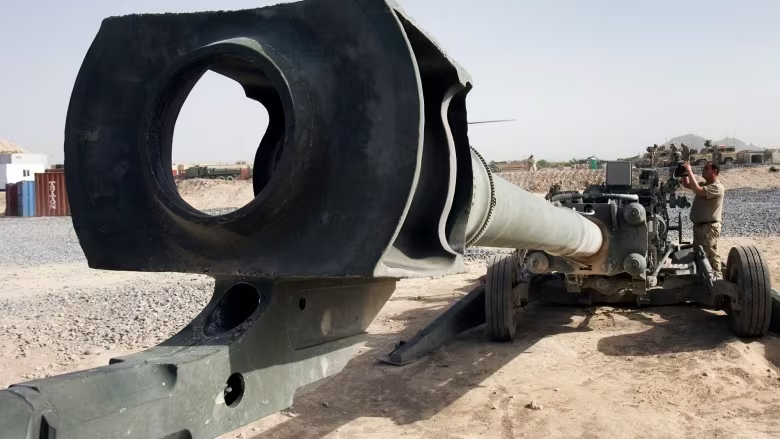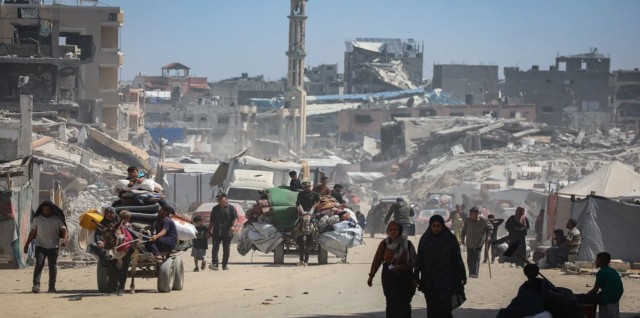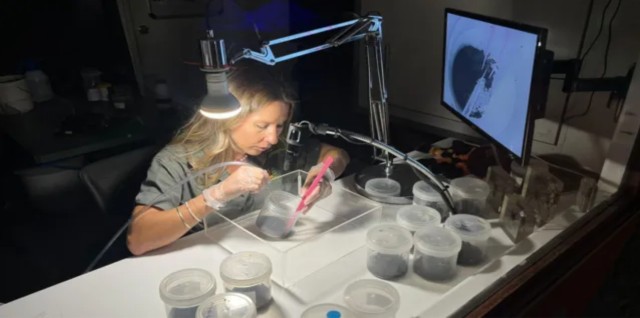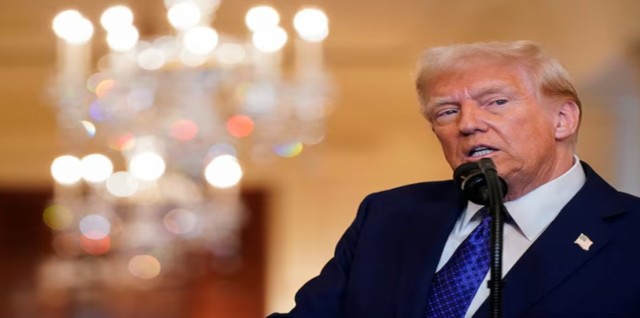
On April 22, 2007, Art Fleming, a Master Bombardier with the 2nd Royal Canadian Horse Artillery hailing from Chance Harbour, N.B., inspects the sights of an M777 155mm howitzer at the forward operating base in Sperwingar, Afghanistan. The photograph is credited to Ryan Remiorz of The Canadian Press.
In a move that could significantly impact the ongoing conflict in Ukraine, Canada has hinted at its support for a Czech Republic initiative aimed at delivering much-needed artillery shells to the embattled nation. The proposal, presented by Czech President Petr Pavel at the Munich Security Conference, seeks to expedite the shipment of tens of thousands of artillery shells from various countries to Ukraine.
While the specifics of Canada's involvement are still being ironed out, sources within the defence sector suggest that the federal government may allocate up to $30 million towards the initiative. According to Pavel's government, they have identified potential sources for around 800,000 NATO-standard artillery shells, as well as shells of other calibres, from non-NATO countries. However, financial assistance is required to facilitate the transportation of these munitions to Ukraine.
Canadian Defence Minister Bill Blair acknowledged ongoing discussions with Czech officials but refrained from divulging specific details. He hinted at a memorandum of understanding with the Czech Republic, potentially enabling Canada to acquire munitions swiftly for transfer to Ukraine.
Amidst these developments, concerns have been raised by Canada's allies regarding Ottawa's potential reliance on foreign sources for munitions, instead of investing in domestic production capabilities. The Liberal government has been deliberating proposals from Canadian ammunition manufacturers to increase production, but hesitation remains due to the substantial investment required.
Meanwhile, Ukrainian President Volodymyr Zelenskyy emphasized the critical shortage of munitions faced by Ukrainian troops, attributing recent setbacks to delays in international aid. The urgency of the situation was underscored by Pavel's announcement of the Czech Republic's readiness to supply artillery shells within weeks, pending funding from partner nations.
As tensions escalate and the need for military support grows, the Czech proposal to procure munitions from non-NATO countries gains traction. While discussions continue behind closed doors, the international community faces mounting pressure to provide tangible assistance to Ukraine in its struggle against Russian aggression.















